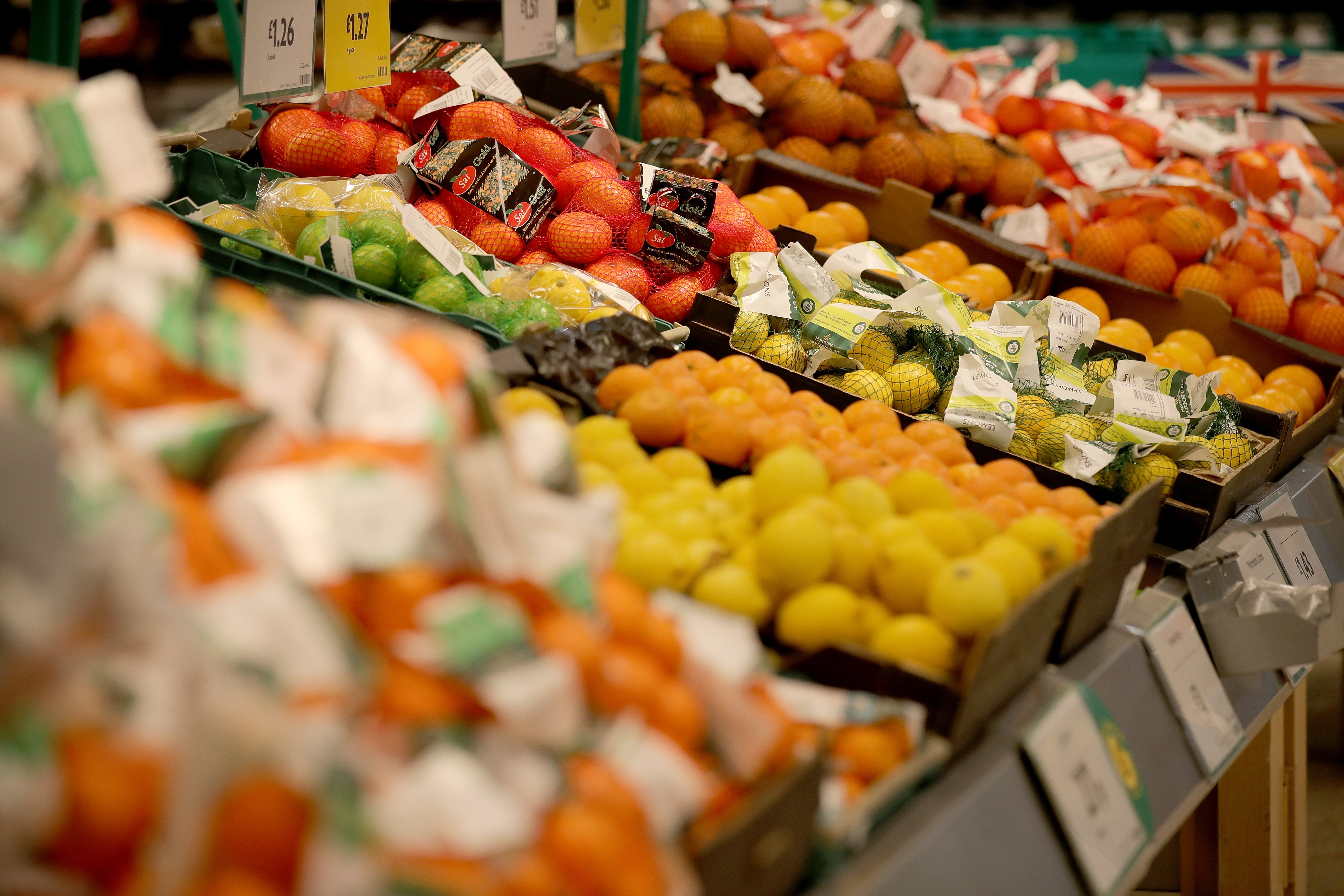Which food items are most likely to end up in the bin, poll reveals
Eggs, yoghurt, milk, bread and several types of fruit and vegetables often end up in the bin

Salad leaves, bread and milk are the top 20 food items most likely to be binned before eating, according to research.
Adults estimate one fifth of what they buy ends up in the bin despite three quarters making attempts to get more use out of the products that end up in their fridges and cupboards.
Other foodstuffs likely to make their way into the trash include bananas, cucumbers, strawberries and potatoes.
The poll of 2,000 adults, commissioned by Waitrose, found one in seven forget to check use-by dates, while nearly one in 10 buy more than they need in the first place.
And despite 67 per cent taking care to plan their food shop for the week ahead in a bid to eliminate leftovers – more than one fifth forget about items they’ve bought until it’s too late.
The research also found eggs, yoghurt and cheese are commonly thrown away, along with fruit and vegetables such as tomatoes, mushrooms and oranges.
Not planning a supermarket shop, overestimating portion sizes and buying food for recipes they don’t end up cooking are also among the reasons why households produce so much food waste.
Marija Rompani, director of ethics and sustainability at the John Lewis Partnership, said: “When we think of the triggers of global warming, we think about fumes pumping out from power stations, car exhausts or planes.
“But in fact, food waste creates six times more greenhouse gases than aviation. In addition, food system is a major driver of biodiversity loss.
“When we throw food away, we waste the precious resources it’s taken to grow, package and transport it – and as it rots in landfill, it produces methane, a greenhouse gas more potent than carbon dioxide.
“So the simple action of throwing food in the bin has more of a negative impact on our planet than people often realise.”
The poll also found more than a third haven’t considered the impact throwing away food has on the environment.
Meanwhile, the average adult bins gone off foodstuffs three days a week.
A few confessed to ‘not thinking twice’ about throwing away food, with others not feeling as guilty about binning fruit and veggies as they do meat.
Meanwhile many think nothing of throwing away their fruit and vegetable peelings because they see no other use for them.
As a result, 81 per cent discard their fruit and vegetable peelings, with 16 per cent not seeing any nutritional benefit to these kinds of leftovers.
Yet, three-quarters of those polled via OnePoll, claimed they were raised in a home where wastage was a big no-no.
Marija Rompani added: “Nobody buys food with the intention of throwing it in the bin but with UK homes discarding 4.5 million tonnes of it every year, we clearly need to take more action.
“This is why, through our Partners Against Waste platform, we have pledged to halve food waste in our supply chain by 2030.
“We also sell oddly shaped vegetables in our A Little Less Than Perfect range as well as forgotten cuts of meat, and will continue to work closely with FareShare to donate surplus food to vulnerable families across the UK.”
SWNS
Subscribe to Independent Premium to bookmark this article
Want to bookmark your favourite articles and stories to read or reference later? Start your Independent Premium subscription today.

Join our commenting forum
Join thought-provoking conversations, follow other Independent readers and see their replies